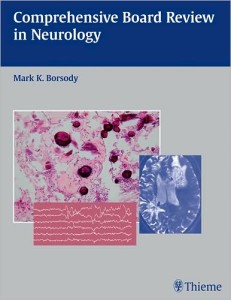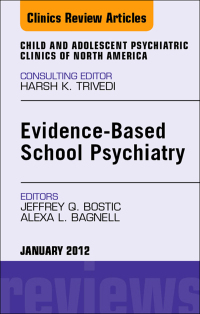-9%
Anthropology of Infectious Disease: A Critical Biocultural Perspective
In the realm of medical anthropology, the study of infectious disease has blossomed into a vibrant and multifaceted field. This book, authored by the esteemed medical anthropologist Merrill Singer, offers a groundbreaking synthesis of this burgeoning discipline through a critical biocultural framework.
Singer’s profound insights illuminate the intertwined nature of human behavior and the activities of intricate social systems. He demonstrates that our coexistence with pathogenic agents of disease is a complex and dynamic process of co-evolution. By delving into the interactions between humans, microorganisms, and the broader ecological landscape, Singer exposes the profound interconnectedness of our health with the health of our planet.
Furthermore, Singer astutely links human diseases to larger ecosystems and the diverse array of species that may harbor the potential for future human infections. This visionary perspective highlights the urgent need to consider not only the immediate threats posed by infectious disease but also the long-term consequences of our actions on the delicate balance of the natural world.
The book’s comprehensive scope and rigor make it an invaluable resource for students and practitioners across multiple disciplines. Anthropology of Infectious Disease provides an ideal supplement to courses in anthropology, public health, development studies, and related fields. Singer’s thought-provoking analysis will undoubtedly inspire further research and spark innovative approaches to the study and mitigation of infectious disease.
Key Concepts Explored in “Anthropology of Infectious Disease”
This seminal work explores a wide range of fundamental concepts that shape our understanding of infectious disease:
-
The co-evolution of humans and pathogenic agents: Singer argues that humans and microorganisms have coevolved in a reciprocal relationship, each influencing the other’s survival and adaptation.
-
The biocultural framework: Singer’s approach integrates biological, cultural, and environmental factors to provide a holistic understanding of infectious disease.
-
The ecological perspective: The book emphasizes the interconnectedness of human health with the health of the broader ecological system, including the role of other species in the emergence and spread of disease.
-
The globalized nature of infectious disease: Singer highlights the impact of globalization on the spread of infectious diseases and the need for international cooperation in addressing these challenges.
-
The social and economic determinants of health: Singer examines the influence of social inequality, poverty, and access to healthcare on the prevalence and severity of infectious disease.
These concepts form the backbone of the book’s critical analysis and provide a comprehensive framework for understanding the multifaceted nature of infectious disease.










Reviews
Clear filtersThere are no reviews yet.